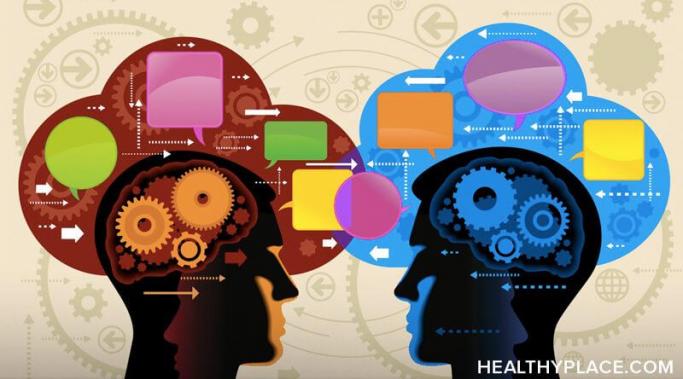As my time writing for HealthyPlace ends, it presents the perfect opportunity to reflect on the past 12 months and prepare for what lies ahead. Before I leave, I would like to share what I have learned about myself while writing this blog and how it has reinforced my motivation to keep moving forward.
Self-improvement - Living a Blissful Life
Discovering meaning during midlife can seem like a challenge. Faced with uncertainty about the future and the feeling of having spent years working without achieving anything significant, how can we avoid discontentment, nurture a positive mindset, and turn midlife into a transformative journey? Here's how I found meaning in midlife.
What comes to mind when you imagine practicing meditation? Is it sitting cross-legged in silence as the outside world races by? Is it clearing your mind of all thoughts in the hope of attaining enlightenment? The truth is that meditation practices come in many different forms and can provide various benefits for anyone seeking inner calm and self-discovery.
Change can be powerful. Finding ourselves stuck in a rut, unable to see any alternative to our current situation, can lead to frustration and dissatisfaction. Could bringing joy and mental refreshment back into our lives be as simple as shaking up our daily routine and embracing the power of change?
How do you feel about having too much information (TMI)? The ease with which we can communicate and learn in our world of ever-developing technology is astounding. At any time of day, virtually limitless information and entertainment are accessible at the touch of a button. But is having boundless knowledge so readily available a good thing, or is TMI making us unhappy?
Severe or otherwise, dealing with brain fog as part of COVID-19 while preventing the spread of the virus requires diligence and effort when we don't feel like doing anything other than resting and recovering. How can we stay optimistic and motivated while dealing with brain fog and illness and waiting for wellness to return?
I like to avoid tense situations in my everyday life. I enjoy living in a peaceful, harmonious, and stable society. Yet tense situations are an inescapable part of nature. Life-or-death struggles are ever-present, whether fighting over territory, for a mate, searching for food, or avoiding being eaten. In an increasingly civilized world, can intentionally engaging in tense and stressful situations benefit our experience of bliss?
Sometimes, the chaos of life feels so insurmountable that taking advice from another human just won't do—the wisdom needed is beyond the scope of mere mortals. In times like these, a vaster source is necessary. If you're secular and starting to get antsy at the sound of this, don't worry. I'm not talking about your typical humanoid deity. I'm talking about the ocean.
Pessimism is a trait usually associated with negativity and a cynical outlook. But did you know there is another type of pessimism that can play a role in planning for success? Defensive pessimism, as it's called, is a strategy that offers an alternative approach to navigating all the unexpected circumstances life may present.
Sometimes you need to surrender to yourself. I learned this recently in the most unusual way. To jump right into it: I can't orgasm. Well, that's not entirely true. I can orgasm by myself with relative ease, but I can count the number of times I've orgasmed with another person on one hand, and most of those occasions have been helped along by technology. For a long time, I figured it was just my anatomy; some bodies were built to orgasm, but mine was not. I had other things going for me—it was what it was.









